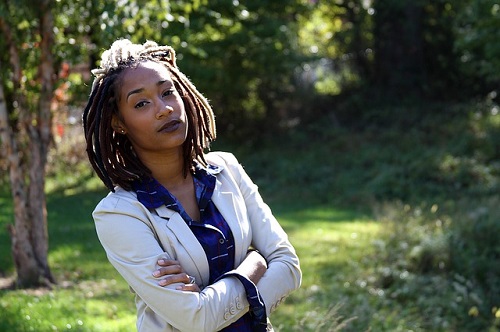MA Bill Banning Hairstyle Discrimination Gets Public Hearing
Laura Rosbrow-Telem-Commonwealth News Service
BOSTON — A bill banning discrimination based on natural hairstyles is getting a public hearing at the Massachusetts Legislature.

State Representative Steven Ultrino introduced the legislation because of an incident that happened in his district. Twin black girls got multiple detentions for wearing hair extensions at the Mystic Valley Regional Charter School in 2017.
Ultrino first consulted the office of the attorney general, which told the school it was violating racial-discrimination laws. The school then dropped this part of the dress code.
But the attorney general’s office also advised Ultrino to create legislation.
“They said it could be better if we tighten the law in a certain way and make sure that people based on their race or ethnicity have natural hairstyles and that they can’t be discriminated upon,” Ultrino said.
The public hearing of the bill, called “An Act Prohibiting Discrimination Based on Natural Hairstyles,” is scheduled to begin at the statehouse. If it becomes law, Massachusetts would follow in the footsteps of California, New York and New Jersey, which passed similar legislation this year.
People across the country have contacted Ultrino since he introduced the legislation, sharing their own stories of racial hair discrimination. Ultrino said before he heard about the girls from his district, he didn’t know much about the problem.
“I’ll admit I was ignorant to the fact as well,” he said. “I had to learn from my constituents about, ‘Well, what is that natural hairstyle?’ Oh, well, something needs to be done about this.”
While the Bay State bill protects anyone facing discrimination because of hairstyle, this issue largely impacts the black community – particularly black women and girls. A similar federal bill was introduced recently called the CROWN Act, which Massachusetts Rep. Ayanna Pressley co-sponsored. Both pieces of legislation name hairstyles commonly associated with black people.
